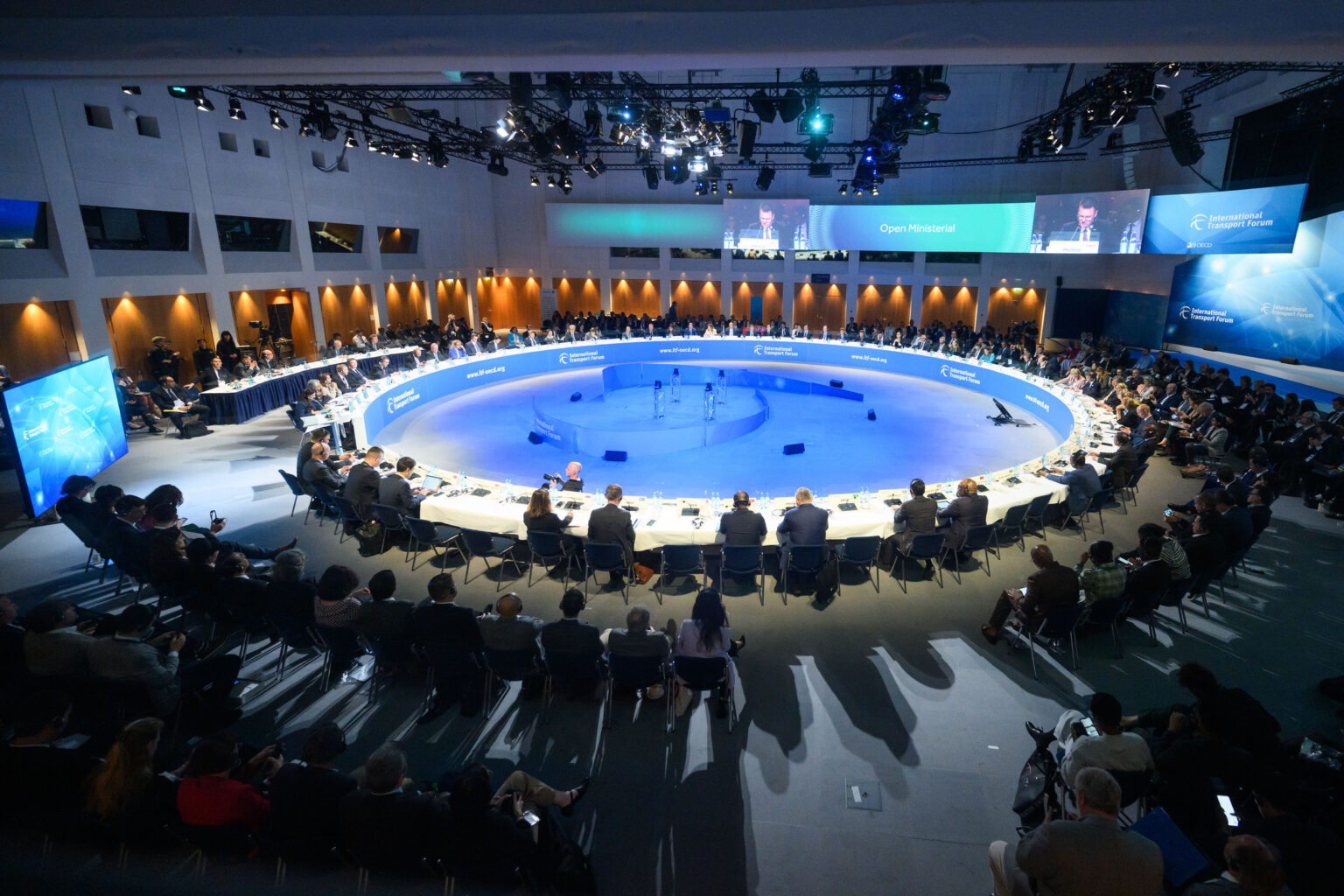
At the 2025 International Transport Forum (ITF) Summit currently underway in Leipzig, Germany, Morocco is taking a leading role in presenting its national efforts and achievements in enhancing transport resilience. The summit, held from May 21 to 23, brings together transport ministers, policy leaders, and industry experts from around the world under the theme “Transport Resilience to Global Shocks.” This year’s discussions focus on building robust transport systems that can withstand crises such as pandemics, natural disasters, geopolitical conflicts, and cyber threats.
Morocco’s delegation, led by officials from the Ministry of Transport and Logistics, is using the global platform to highlight strategic reforms and investments aimed at strengthening the country’s transport infrastructure. The North African nation is being recognized for its progress in creating a transport system that is not only efficient but also agile and adaptive in the face of emerging global challenges.
One of Morocco’s key talking points at the summit is the Fourth Global Ministerial Conference on Road Safety, which it hosted in Marrakech in February 2025. This landmark event gathered over 100 delegations and resulted in the adoption of the “Marrakech Declaration.” The declaration commits signatory countries to halving road traffic deaths by 2030, in line with the United Nations Decade of Action for Road Safety. Morocco used the conference to announce sweeping reforms in road safety management, infrastructure modernization, and the expansion of smart transport systems.
At Leipzig, Morocco is also spotlighting its commitment to sustainable mobility through investments in electric transport, high-speed rail networks, and urban mass transit. The Kingdom’s groundbreaking high-speed rail line (Al Boraq) and electrification efforts have become models of transport innovation in Africa. Furthermore, Morocco’s emphasis on public-private partnerships and regional integration projects have positioned it as a gateway for transport and logistics in both the Maghreb and broader African region.
Ministerial representatives have emphasized that transport resilience is not solely about infrastructure, but also governance, policy planning, and the ability to coordinate rapidly in times of crisis. Morocco’s transport ministry has worked closely with civil protection services, IT agencies, and climate experts to create early warning and risk-response protocols embedded in transport operations.
Speaking on the sidelines of the summit, a Moroccan delegate stated, “We believe resilience is the foundation of all sustainable development. Our presence in Leipzig is a testimony to Morocco’s dedication to global cooperation and leadership in transport policy.”
The ITF Summit, organized by the OECD-affiliated International Transport Forum, provides Morocco with critical diplomatic space to align with global standards, learn from peer nations, and contribute African perspectives to global policy formulation. As transport systems globally face increasing disruptions, Morocco’s focus on resilience and proactive reforms is earning praise as a replicable model for other developing economies.
As the summit continues, Morocco is expected to sign memorandums of understanding with other nations and institutions to strengthen cooperation on mobility innovation, safety, and infrastructure investment. The country’s presence in Leipzig not only reinforces its growing influence on global transport policy but also symbolizes its strategic ambition to become a continental leader in infrastructure and sustainable development.

